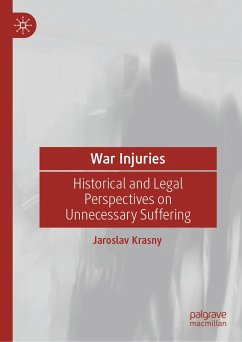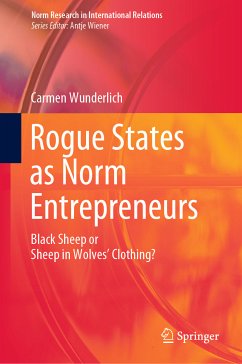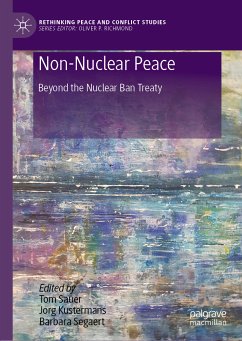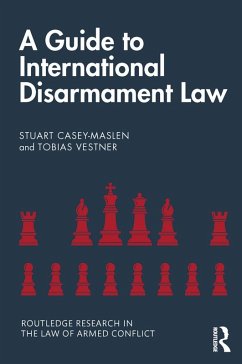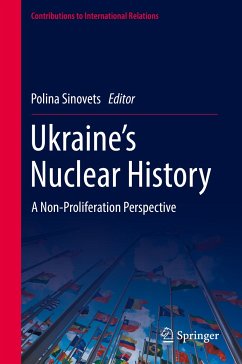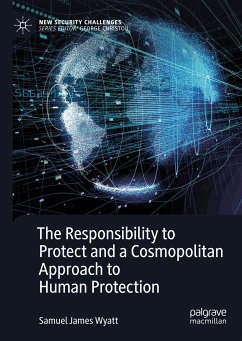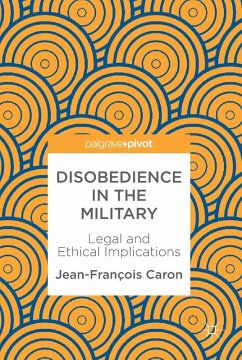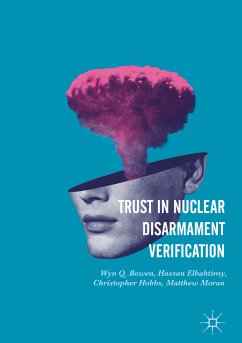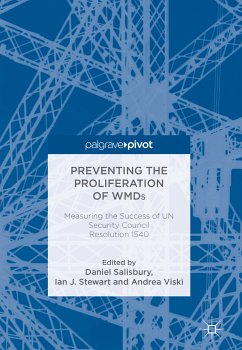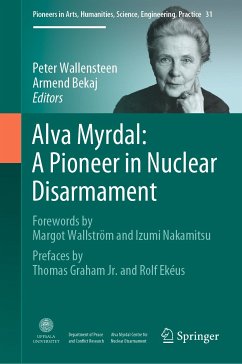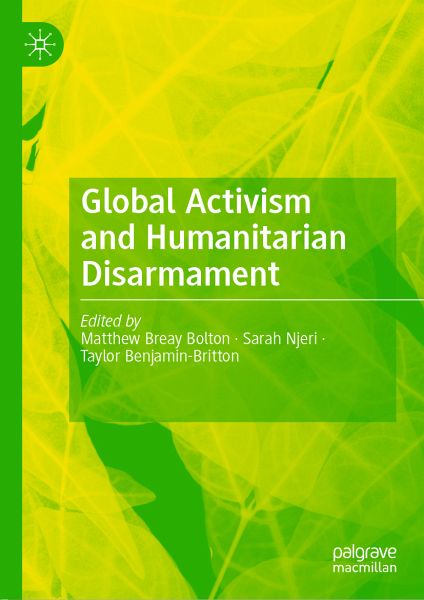
Global Activism and Humanitarian Disarmament (eBook, PDF)
Versandkostenfrei!
Sofort per Download lieferbar
96,95 €
inkl. MwSt.
Weitere Ausgaben:

PAYBACK Punkte
48 °P sammeln!
This book analyses the politics of the humanitarian disarmament community-a loose coalition of activist and advocacy groups, humanitarian agencies and diplomats-who have successfully achieved international treaties banning landmines, cluster munitions and nuclear weapons, as well as restricting the global arms trade. Two campaigns have won Nobel Peace Prizes. Disarmament has long been a dirty word in the international relations lexicon. But the success of the humanitarian disarmament agenda shows that people often choose to prohibit or limit certain violent technologies, for reasons of securit...
This book analyses the politics of the humanitarian disarmament community-a loose coalition of activist and advocacy groups, humanitarian agencies and diplomats-who have successfully achieved international treaties banning landmines, cluster munitions and nuclear weapons, as well as restricting the global arms trade. Two campaigns have won Nobel Peace Prizes. Disarmament has long been a dirty word in the international relations lexicon. But the success of the humanitarian disarmament agenda shows that people often choose to prohibit or limit certain violent technologies, for reasons of security, honour, ethics or humanitarianism. This edited volume showcases interdisciplinary research by scholars and practitioners seeking to understand the dynamics and impact of the new global activism on weapons. While some raise concerns that humanitarian disarmament may be piecemeal and depoliticizing, others see opportunities to breathe new life into moribund arms control policymaking. Foreword by1997 Nobel Peace Prize Laureate Jody Williams.
Dieser Download kann aus rechtlichen Gründen nur mit Rechnungsadresse in A, B, BG, CY, CZ, D, DK, EW, E, FIN, F, GR, HR, H, IRL, I, LT, L, LR, M, NL, PL, P, R, S, SLO, SK ausgeliefert werden.



